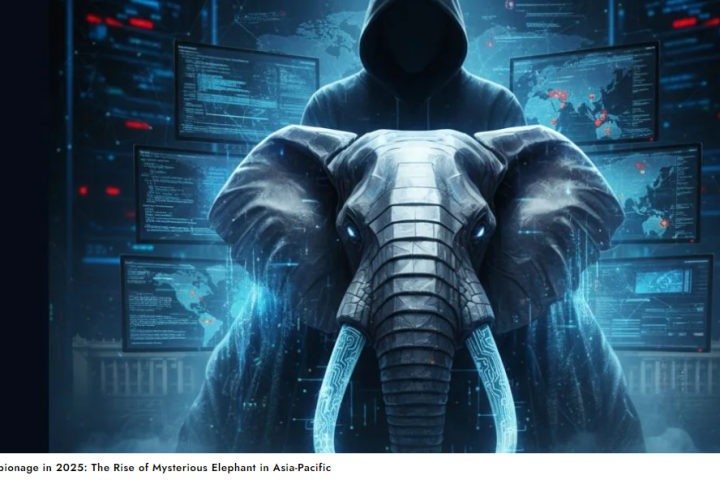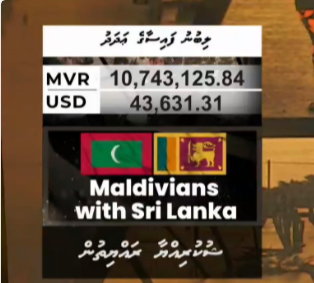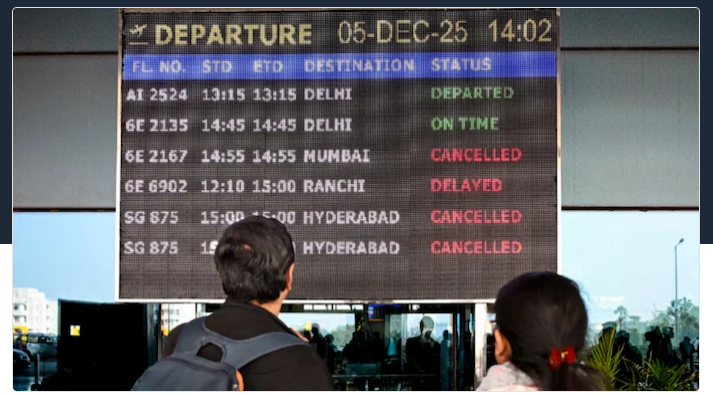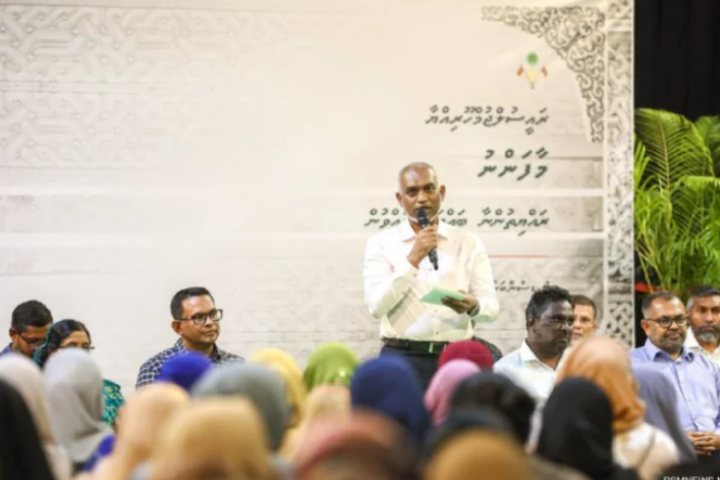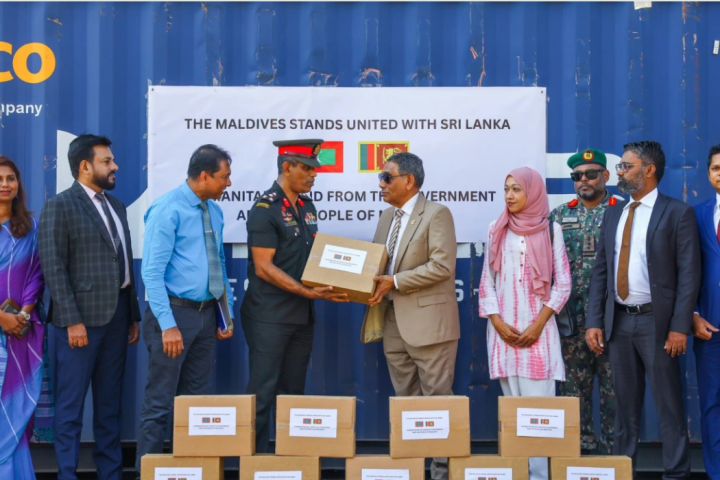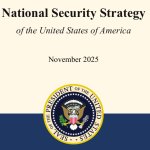In the theater of international diplomacy, the United States often sings the tune of democracy and self-determination, championing the rights of nations to govern themselves and chart their own destinies. Yet, when it comes to the Palestinian quest for self-determination, the stark reality paints a very different picture—one of U.S. bias and disregard for the aspirations of an oppressed people.
The latest act in this ongoing drama unfolds at the United Nations, where the Palestinian Authority (PA) seeks to elevate its status from a “permanent observer state” to a full member of the world body. Despite garnering support from a significant portion of the international community, including key allies, the Palestinian bid faces a formidable obstacle in the form of U.S. opposition.
The U.S. government’s stance, echoed by its ally Israel, is that Palestinian statehood should be achieved through direct negotiations, rather than through unilateral actions at international forums. While this rhetoric may sound noble in principle, it belies a harsh reality on the ground—a reality marked by decades of occupation, displacement, genocide, and denial of basic rights for the Palestinian people.
For generations, Palestinians, the natives of the land, have yearned for the right to govern themselves, to live free from the yoke of Zionist occupation, and to determine their own future. Yet, their aspirations have been met with indifference, if not outright hostility, from the U.S. and its western allies, who have consistently prioritized Israeli interests over legitimate Palestinian rights.
The U.S. government’s threat to suspend funding for UN agencies if a resolution recognizing Palestine’s eligibility for full membership is adopted is just the latest example of this bias in action. By leveraging its financial contributions to the UN, the U.S. effectively holds the world body hostage to its biased diplomatic agenda, stifling any meaningful progress towards Palestinian statehood.
Meanwhile, Palestinian voices continue to be marginalized and ignored, their struggle for freedom relegated to the sidelines of international discourse. As the U.S. and its allies preach the virtues of democracy and self-determination on the world stage, Palestinians are left to wonder when they will be granted the same rights and freedoms enjoyed by others.
In the face of such hypocrisy and double standards, the Palestinian people remain steadfast in their quest for justice and dignity. Their resilience in the face of adversity serves as a powerful reminder that the pursuit of freedom knows no bounds, and that no amount of political maneuvering or diplomatic pressure can extinguish the flame of hope burning within their hearts.



